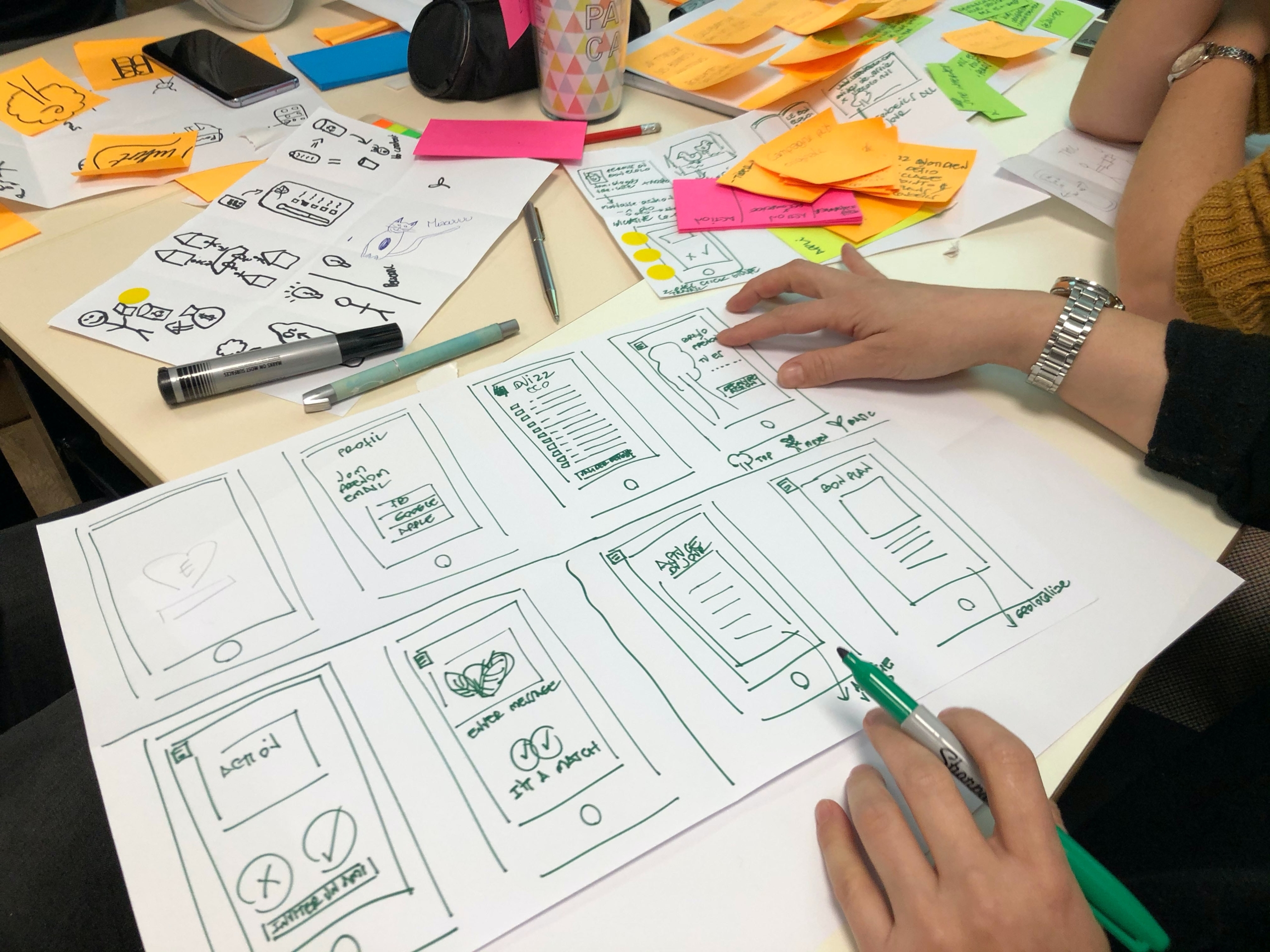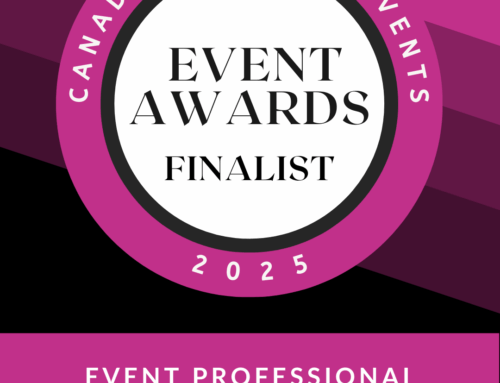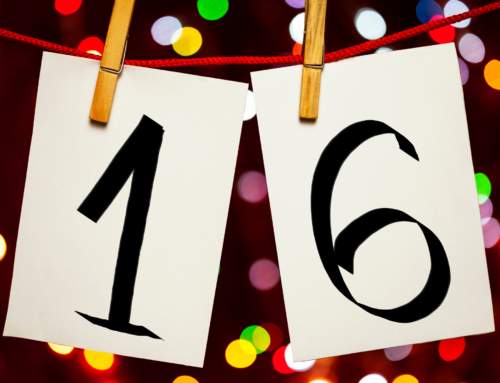Event Flyers and Websites – What They Should Always Include
Imagine this…
You spend months planning an event to perfection; all the décor looks great, the lighting is perfect and you arrange the best musicians to play along to the world’s greatest dancer. On the night of the event…only a handful of people turn up.
Awkward? Yes. What went wrong? Probably communication.
The way you communicate to your target audience is just as important as all the little details at the event itself. Event flyers, invitations, websites and promotional materials are critical communicators and here is a list of things you should always consider including:
Event name
By creating an event logo, you are creating a visual for your audience. This should be used in all your communications for consistency and so that your audience can recognize it. Keep it simple, legible and relevant.
Date
Make sure this is clearly visible and easy to read. You would be surprised how often this details gets missed.
Time of arrival
Again, make sure this is clearly visible. It is helpful to share an agenda or expected time of arrival if appropriate.
Duration of the event
It may be beneficial to let people know what to expect when they arrive at your event. It will help guests make plans accordingly.
Location and address
Be sure to include the full address with post code, parking details and instructions with a map if necessary. If you decide to include a map, keep it simple and clean. A busy looking map can sometimes lead to more confusion and thus a delay in the arrival of your guests.
Costs
Be sure to include all costs upfront as well as any hidden charges. Be upfront about this to again, manage expectations.
Registration
Provide details about how to register, quickly and efficiently. What do they need to bring? Can they pay on site? If so, what method of payment will be accepted? Are tickets transferable?
Support
Provide details of who to contact if they have any questions or queries and be sure to answer these promptly. For common questions, consider creating an FAQ section on your event website.
Attendees
Sometimes it’s appropriate to describe who should attend and why. What will the audience learn / experience and is there a dress code?
If you are hosting a number of international / out-of town guests, it might be worth having a travel section on your event website. Share details about hotel and transport arrangements, local amenities and attractions as well as general city information, which they may find helpful.
Food and Drink
When necessary, provide details of cuisine. Food is always a great draw for events. If food is included in the ticket price / registration, be clear about this. If there is no food or drink, be clear about this as well and provide helpful information about local eateries.
Benefits
This is the difference between good attendance and great attendance. Describe any benefits for attending; prize draws, give-aways, networking, exclusivity, special recognition, professional credits etc. What factors will draw people into the event?
Social Media Info
Whether it’s a blog, Facebook page, Twitter or Instagram handle, let guests know how they can join the conversation online. Be sure to include relevant hashtags too.
Program highlights
List key speakers with their bios and logos, provide details about raffles and silent auctions any celebrity or special guest appearances. Spark intrigue with discussion teasers and surprise announcements.
Testimonials
If you are promoting a regular or annual event, consider including testimonials from previous guests. It’s always great to hear feedback from people that you can relate to, be it in the form of a video, audio or text.
Sponsorship
Always ensure your event sponsors get the exposure as is agreed. Display logos where appropriate and always follow brand guidelines for the use of their creative.
Cancellation policy
Is there a cancellation policy? Sate what your policy is and be sure to stick to it.
Remember, all of this will affect the overall guest experience. The journey begins from the very first communication you send out. Be clear, concise, helpful and consistent.






